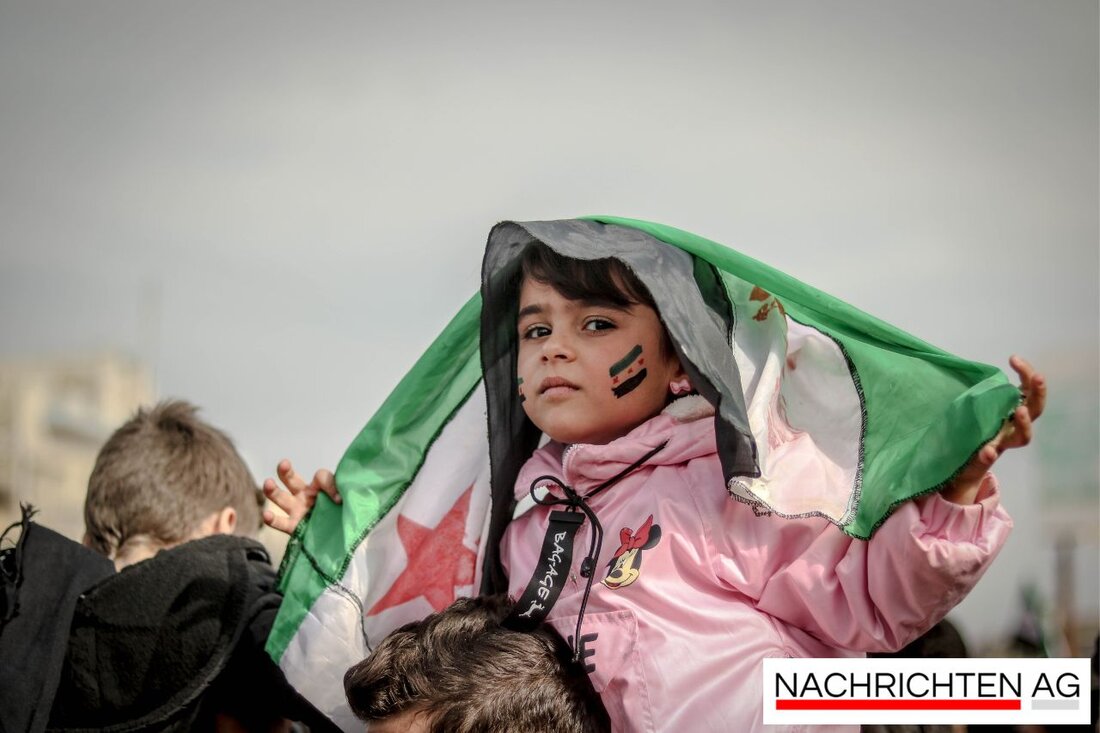Hamburg's refugee balance: Over 44,000 refugees in the city!
Hamburg takes stock of ten years of refugee accommodation: an overview of current figures, developments and voluntary commitment.

Hamburg's refugee balance: Over 44,000 refugees in the city!
In the last ten years, Hamburg has done a lot to accept, care for and integrate refugees. The journey wasn't always easy, but the city presents an impressive record. There are currently over 44,000 refugees living in public accommodation, spread across 227 locations throughout the city. To get an idea of the dimensions: at the end of 2015, more than 26,000 refugees sought protection in Hamburg.
An impressive accommodation is the Überseering in Winterhude, which is the largest of its kind with over 1,500 spaces. In contrast to this is the Bahrenfeld guest house, which only offers space for ten people. Hamburg now has more than 52,000 public accommodation places, an increase of around 62 percent compared to 32,504 in 2015. However, due to the geographical distribution of the accommodation, some districts, such as Blankenese and Sasel, are completely without refugee accommodation.
Change in countries of origin and gender distribution
The refugees’ countries of origin have changed over the years. While Syria, Afghanistan and Iraq were the main countries of origin in 2015, by May 2025 most refugees will come from Ukraine. Another notable point is the gender distribution: around 19,500 of the refugees currently being housed are female, while 25,271 are male.
An important element in supporting these figures is family reunification. Since 2015, 3,271 refugees have come to Hamburg through this process. This shows that, despite all adversities, the desire for family gatherings is strong.
Voluntary commitment and costs
The people of Hamburg are actively involved in the integration of refugees. In 2019, around 16.3 percent of citizens said they were committed to helping those seeking protection - that's around 263,000 people. More recent studies, such as those from 2023, even speak of 90,000 committed volunteers in Hamburg who provide active support. This support is encouraged by the city, for example by providing a commitment card and volunteer agencies.
Financially, of course, all of this is not entirely insignificant. In 2016, the costs of caring for refugees were around 900 million euros. In 2024, these costs could already be reduced to 550 million euros. A positive signal that integration can also be made financially sustainable.
Integration and employment
The integration of refugees is showing encouraging progress. As of June 11, 2025, more than 38,400 former refugees have naturalized in Hamburg. Of the former refugees from the top 8 asylum countries of origin, around 31,200 are employed subject to social security contributions - a number that has quadrupled since 2015 and underlines the high employment rate in Hamburg.
Since the end of February 2022, the war in Ukraine has led to an increase in the number of refugees, which poses additional challenges for the city. The number of people needing a place in accommodation exceeds the available capacity. For this reason, several properties, including hotels, were rented as interim locations in order to quickly create short-term solutions. According to the city, these measures are in line with the law for the protection of public safety and order (SOG) and are designed to accommodate the affected people quickly and safely.
The city has provided maps to provide a better overview of existing and planned accommodation. Although the current map display is not yet accessible, work is underway to provide an accessible version. Questions will be answered using the contact options provided.
In summary, despite the challenges, Hamburg has made remarkable progress in refugee accommodation and integration in recent years. The infrastructure is continuously adapted to meet the circumstances and to provide the refugees with the best possible support. These developments make it clear that the Hanseatic city is making a real effort to achieve harmonious coexistence.
For further information and details about accommodation options in Hamburg, see the articles on NDR and hamburg.de be read.

 Suche
Suche
 Mein Konto
Mein Konto